Results
-
 £37.95
£37.95PANIS ANGELICUS (Cornet, Euphonium or Trombone/Brass Band) - Franck, Cesar - Wright, Frank
Solo for Cornet, Euphonium or Trombone with Brass Band
Estimated dispatch 7-14 working days
-
 £50.90
£50.90SAVING ALL MY LOVE FOR YOU (Flugel Horn Solo with Brass Band) - Wormald, Christopher
Grade: Easy.
Estimated dispatch 7-14 working days
-
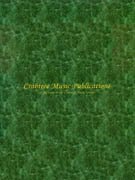 £59.99
£59.99SURREY WITH THE FRINGE ON TOP (3+ Euphoniums/Brass Band) - Freeh, Mark
With solo for three or more baritones/euphoniums. Duration: 3:00 Grade: Easy-Medium
Estimated dispatch 7-14 working days
-
 £54.20
£54.20TWO MOODS FOR TUBA (Eb Bass Solo with Brass Band) - Swann, Donald - Smith, Sandy
Grade: Medium
Estimated dispatch 7-14 working days
-
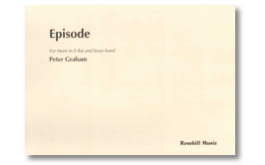 £49.95
£49.95Episode - Peter Graham
A bustling and energetic solo for horn including some cadenza work. A welcome addition to the horn repertory.
Estimated dispatch 7-9 working days
-
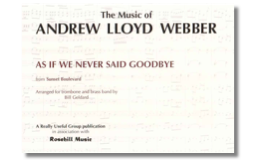 £39.95
£39.95As If We Never Said Goodbye (Score and Parts) - Andrew Lloyd Webber arr. Bill Geldard
The official authorized brass band arrangement one of the hits from Andrew Lloyd Webber's Sunset Boulevard. Expertly arranged as a solo for trombone and brass band by Bill Geldard.
Estimated dispatch 7-9 working days
-
£33.00
The Village Blacksmith - Weiss, W
Solo for Trombone or EuphoniumIncludes a full band set (no score)
In Stock: Estimated dispatch 1-3 working days
-
£33.00
Frosty the Snowman - Nelson & Rollins - Smith, S
This joyful Christmas song tells the story of a snowman brought to life by a magical hat. Frosty the Snowman has inspired countless recordings, animated specials, and generations of festive cheer around the world.Frosty the Snowman is a solo for either Bass Trombone or E Bass2nd section +
In Stock: Estimated dispatch 1-3 working days
-
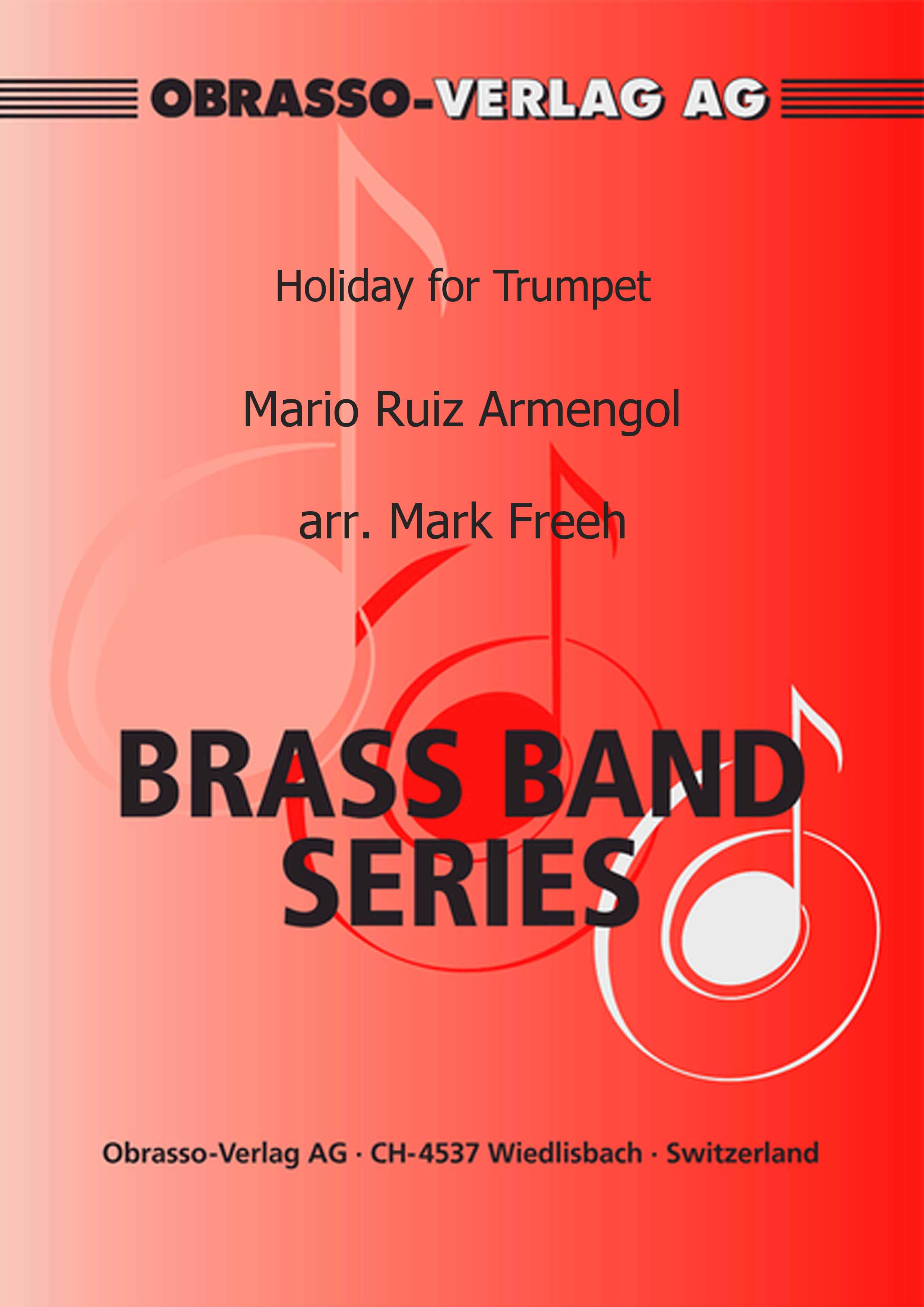 £54.20
£54.20Holiday for Trumpet (Cornet Solo with Brass Band - Score and Parts)
Your cornet player will love showing off their dexterity and tone in this upbeat number.
Estimated dispatch 7-14 working days
-
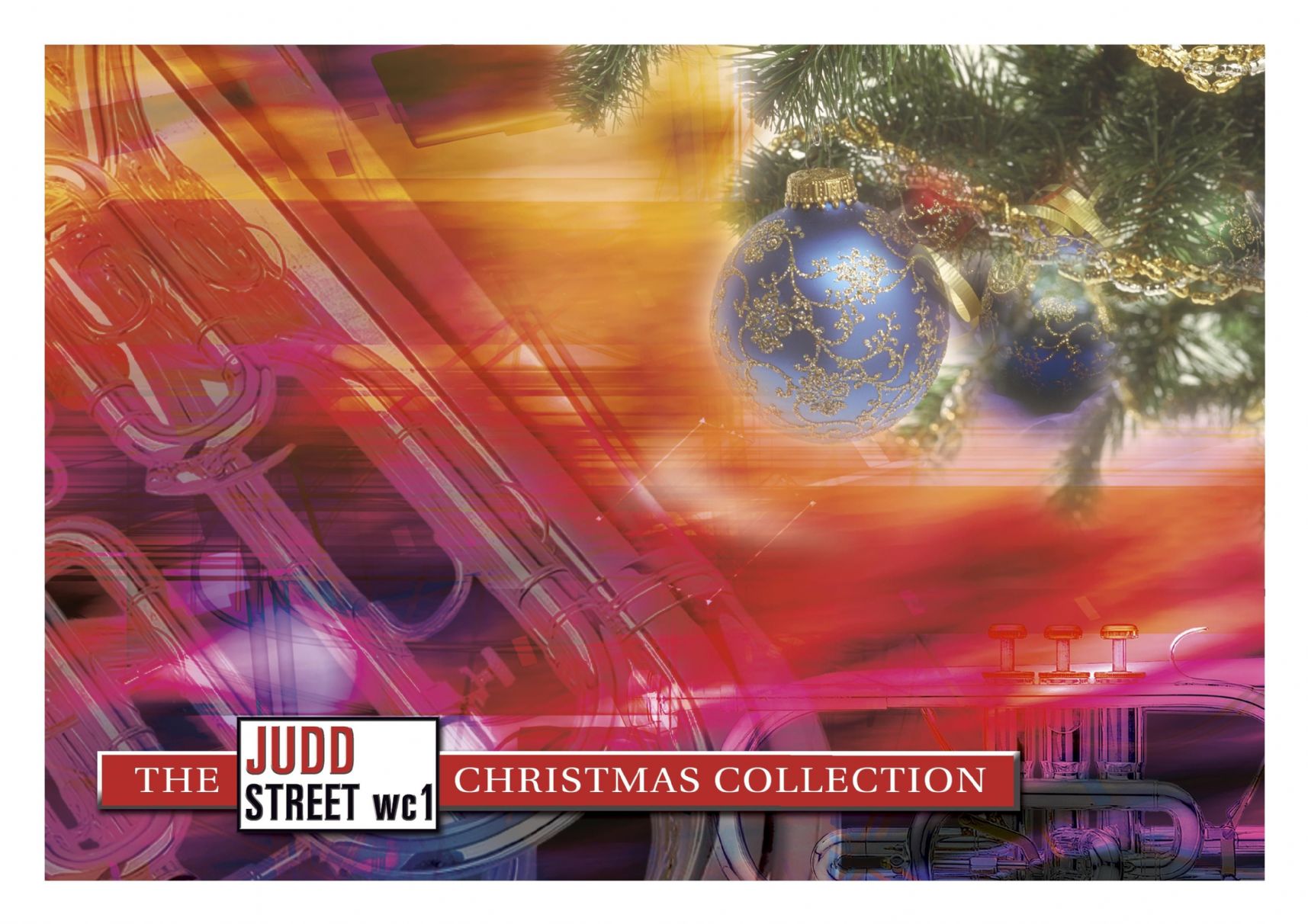 £29.95
£29.95Judd: Little Lord Jesus
This is a fairly simple arrangement of 'Away in a manger' in the form of a solo for soprano cornet and brass band.
Estimated dispatch 7-14 working days
